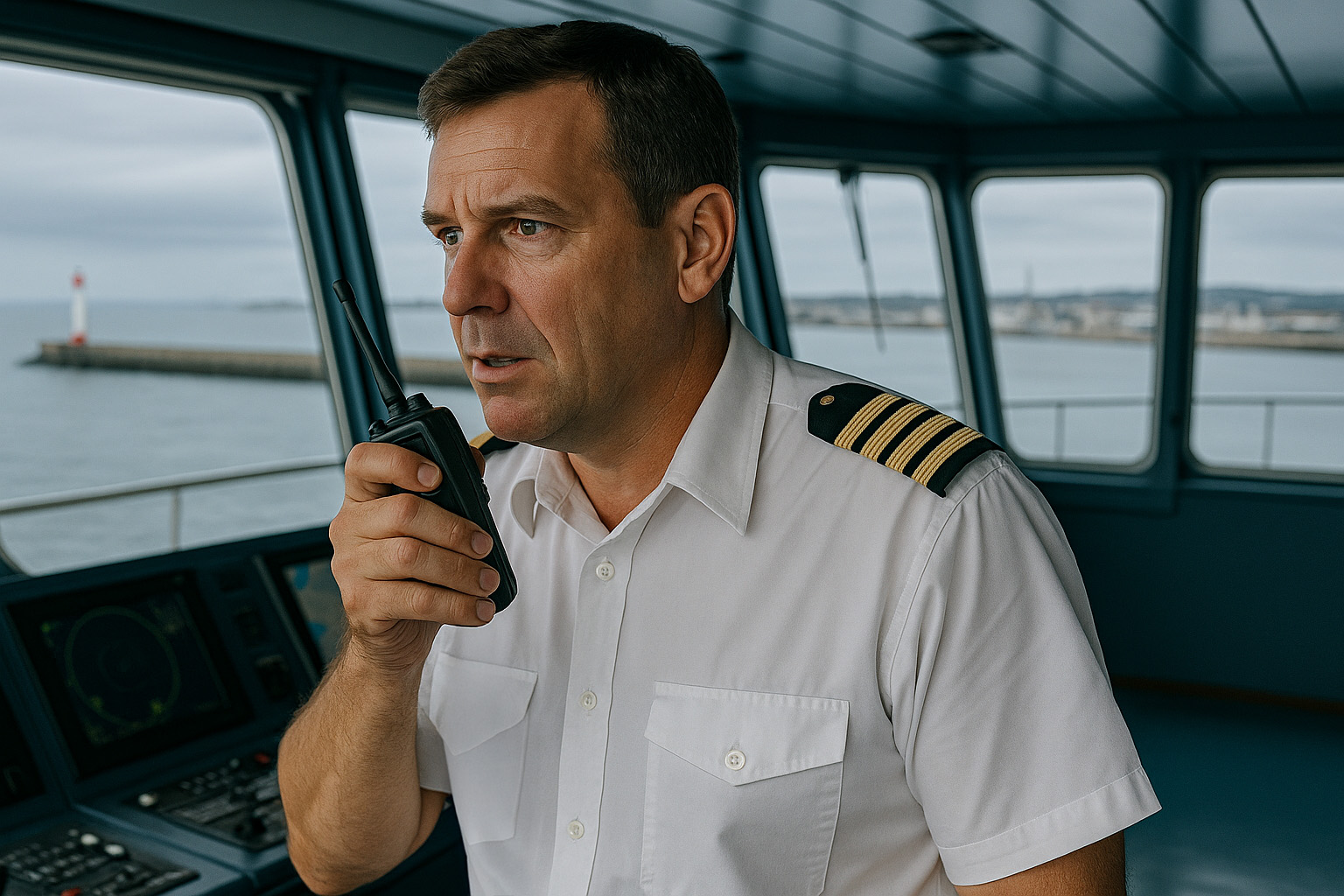Clear and effective communication is critical at sea. Your VHF radio is your lifeline, but only if you use it correctly. In emergencies, a clear message can be the difference between a swift rescue and a worsening situation. For everyday communication, proper radio etiquette ensures channels remain open and usable for everyone. Unfortunately, several common mistakes can hinder this vital communication. Here are five of the most frequent errors and how you can avoid them.
1. Not Listening First
Before you transmit, always listen to the channel for a few moments to make sure it’s clear. Interrupting an ongoing conversation is not only rude, but it could also interfere with important communications, including distress calls or navigational warnings.
Example: Imagine you switch to Channel 16 to make a call. You press transmit immediately, not realizing a Mayday call is in progress. Your transmission could block the Coast Guard from hearing the vessel in distress. The simple act of listening first prevents this.

2. Speaking Too Quickly
When you’re nervous or in a hurry, it’s easy to speak too quickly. However, this can make your message difficult to understand, especially for non-native English speakers or in areas with poor reception. Speak slowly and clearly, and pause between phrases.
Before: “MaydayMaydayMaydaythisisSailingVesselWandererwevestruckarockandaretakingonwaterfast!”
After: “MAYDAY, MAYDAY, MAYDAY. This is SAILING VESSEL WANDERER. SAILING VESSEL WANDERER. SAILING VESSEL WANDERER. We have struck a rock and are taking on water.”
3. Using Incorrect Terminology
Using the correct terminology is important for clear and concise communication. Make sure you know the difference between “over” and “out,” and when to use pro-words like “roger” and “wilco.”
- Over: I have finished speaking and am waiting for your reply.
- Out: I have finished speaking and do not expect a reply.
- Roger: I have received and understood your last transmission.
- Wilco: I have received your message, understand it, and will comply with your instructions.
Using them correctly prevents confusion. For example, saying “Roger, over” is redundant. Just “Roger” is sufficient if you are expecting another transmission from the other party.
4. Not Stating Your Position
When making a distress call or any other call where your location is important, always state your position clearly. This will help rescue services find you quickly. Be as precise as possible.
Example: “My position is one-five nautical miles south of the Fastnet Rock.” or “My position is five-zero degrees, one-two decimal three-four minutes North; zero-zero-six degrees, five-four decimal three-two minutes West.”
5. Forgetting to Release the PTT Button
It’s a simple mistake, but forgetting to release the push-to-talk (PTT) button can block the channel for everyone else. This is known as a “hot mic.” A hot mic can prevent others from making important calls, including distress calls. Make sure you release the button as soon as you’ve finished speaking.
Avoiding these common mistakes will make you a more effective and respected radio operator. Clear, concise, and correct communication is a skill, and like any skill, it improves with practice.
Ready to test your skills in a realistic environment? Try VHFmate for free. Our AI-powered simulator lets you practice real-world scenarios and get instant feedback, so you can be confident and prepared for any situation on the water.
← Back to Blog